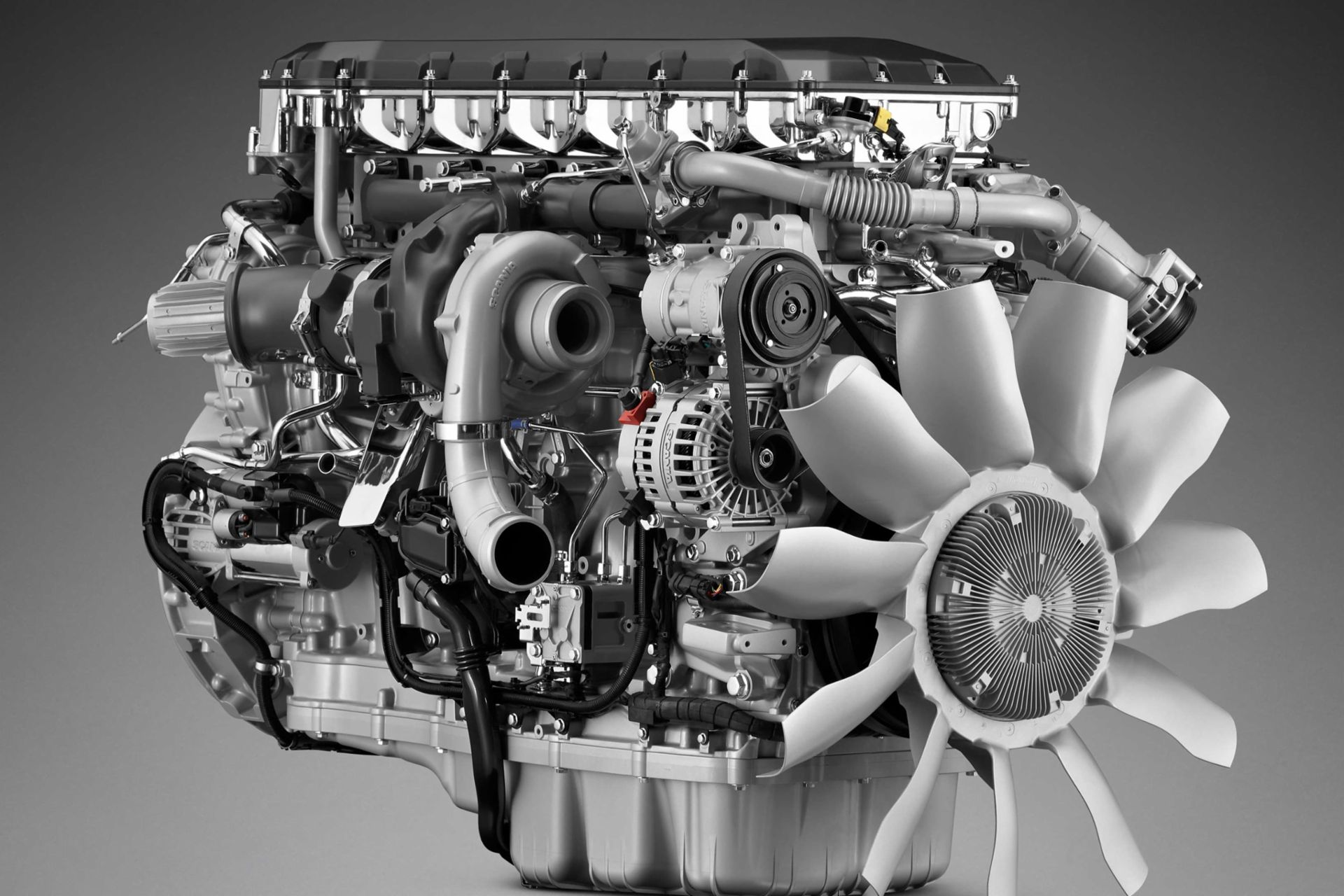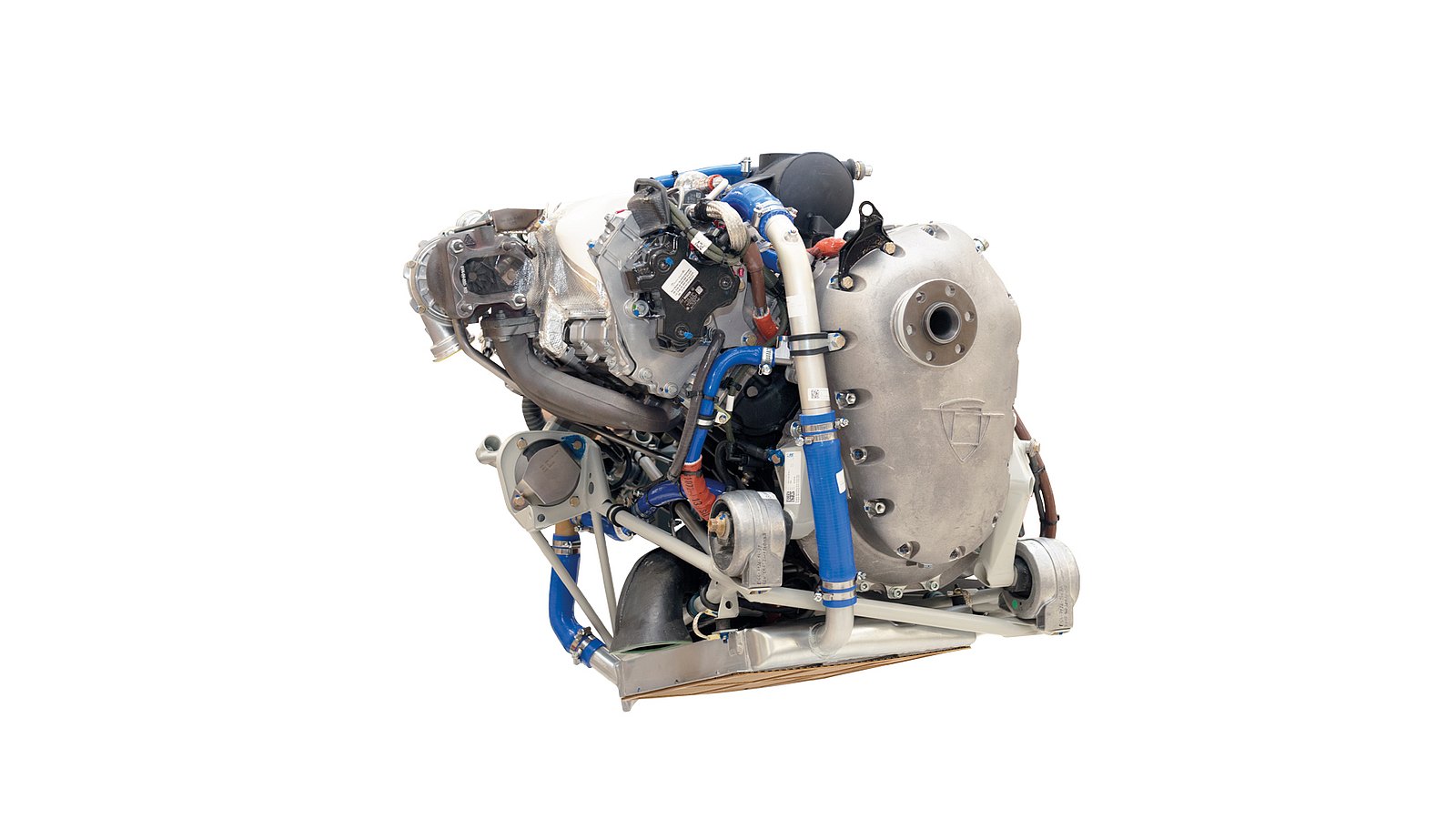Customer Reviews: Why Engines For Africa Stands Apart
Customer Reviews: Why Engines For Africa Stands Apart
Blog Article
Check Out a Wide Array of Engines for every single Lorry and Function
The automobile landscape is progressively complicated, with a diverse range of engine types created to satisfy details efficiency and effectiveness demands throughout different vehicle categories. From the high-performance engines that power sports autos to the fuel-efficient alternatives customized for everyday commuting, the selections are large and varied. Additionally, sturdy engines serve the needs of job automobiles, while eco-friendly alternatives are gaining grip in the quest of lasting transport. Comprehending these distinctions is important for making notified choices, especially as emerging modern technologies continue to shape the future of automotive design. What effects might these developments hold for consumers and manufacturers alike?
Kinds of Automotive Engines
Automotive engines can be classified into several unique types, each designed to satisfy specific performance and performance demands. The most typical categories consist of internal burning engines, electrical engines, and hybrid systems.

Electric engines, on the various other hand, operate electric power stored in batteries, supplying immediate torque and absolutely no exhausts. These engines are becoming progressively prominent because of advancements in battery innovation and the expanding focus on sustainability.
Crossbreed systems combine both interior burning and electrical engines, allowing automobiles to enhance fuel efficiency and reduce discharges by seamlessly switching in between power sources. Each engine kind offers its downsides and advantages, influencing variables such as automobile style, meant use, and market need. When picking the suitable engine for their particular requirements., recognizing these distinctions is vital for manufacturers and consumers alike.
Performance Engines for Sports Cars
Efficiency engines for sporting activities cars and trucks are especially crafted to supply boosted power, dexterity, and speed, setting them besides typical vehicle engines. These engines often use advanced modern technologies such as turbocharging, turbo charging, and variable shutoff timing to maximize effectiveness and responsiveness.
Generally, efficiency engines are made with higher compression ratios, which permit better energy extraction from gas. This results in impressive horsepower and torque numbers, enabling quick acceleration and higher full throttle. The light-weight materials utilized in these engines, such as aluminum and carbon fiber, contribute to minimized overall lorry weight, boosting handling and maneuverability.
Engine setups like V6, V8, and even hybrid systems are typical in efficiency sports cars, each offering distinct benefits in regards to power distribution and driving dynamics. The tuning of these engines is additionally crucial; many producers optimize the engine administration systems to give an electrifying driving experience, commonly consisting of sporting activity settings that readjust throttle feedback and equipment changes.
Efficient Engines for Daily Commuters
In the world of day-to-day commuting, efficient engines play an important function in enhancing fuel economic climate and reducing emissions more information while giving trustworthy performance. As urban populations expand and environmental issues escalate, the demand for cars furnished with effective powertrains has actually risen.
Modern engines designed for everyday commuters usually incorporate technologies such as turbocharging, direct fuel injection, and hybrid systems. Turbocharging boosts engine performance forcibly more air into the combustion chamber, permitting smaller, lighter engines that do not jeopardize power output. Straight fuel injection boosts gas atomization, leading to far better combustion and increased efficiency.
Hybrid engines, integrating internal burning with electric power, read the article more boost gas economic climate, especially in stop-and-go traffic, where traditional engines can experience inadequacies. Electric motors aid throughout velocity and can operate separately at reduced speeds, decreasing general gas consumption.
In addition, innovations in engine monitoring systems and lightweight materials add substantially to effective engine design. By focusing on performance, durability, and ecological sustainability, manufacturers continue to supply engines that not just meet the needs of daily travelling but additionally straighten with global initiatives to decrease carbon impacts.
Heavy-Duty Engines for Job Cars
Heavy-duty engines for work automobiles are regularly engineered to deliver exceptional torque and integrity under requiring conditions. These engines are made to do in environments where standard engines may fail, such as building and construction websites, logging procedures, and farming settings. The main focus of sturdy engines is their capability to produce high degrees of power while preserving longevity over prolonged periods of operation.
Typically, durable engines utilize innovative materials and durable construction methods to hold up against the roughness of heavy work. Features such as reinforced cylinder blocks, improved air conditioning systems, and advanced fuel injection innovations add to their performance. These engines often run at lower RPMs, which aids to optimize gas effectiveness while supplying the necessary power for lugging and hauling.
In addition to mechanical robustness, heavy-duty engines are frequently furnished with innovative electronic control devices (ECUs) that manage efficiency, exhausts, and diagnostics. This combination enables far better monitoring and maintenance, ensuring that work automobiles remain efficient and operational.
Ultimately, heavy-duty engines are a vital element in the efficiency of different industries, giving the necessary power and integrity to deal with the toughest of jobs.
Eco-Friendly Engine Options
The expanding focus on sustainability has resulted in the development of eco-friendly engine alternatives that focus on decreased exhausts and improved gas efficiency. These engines are created to lessen the ecological effect of cars while still providing the performance and reliability expected by consumers.
Among one of the most Click This Link significant green options are electric and hybrid engines. Hybrid engines integrate traditional interior burning engines with electric propulsion, permitting reduced fuel intake and lower greenhouse gas exhausts. Electric engines, on the other hand, operate totally on battery power, creating absolutely no tailpipe exhausts and adding to cleaner air quality.
One more appealing development is the improvement of biofuel engines, which use renewable sources, such as plant materials, to power cars (Engines For Africa). By utilizing biofuels, these engines can lower reliance on nonrenewable fuel sources and lower general carbon impacts

As the vehicle industry develops, environment-friendly engine options will certainly play a vital function in driving the change in the direction of more sustainable transport services.
Conclusion
From high-performance engines that boost sports vehicle capabilities to reliable versions focusing on gas economic climate for everyday commuters, each type serves a specific function. Durable engines cater to robust job automobiles, while eco-friendly choices, such as electric and biofuel engines, promote lasting transportation.

Report this page